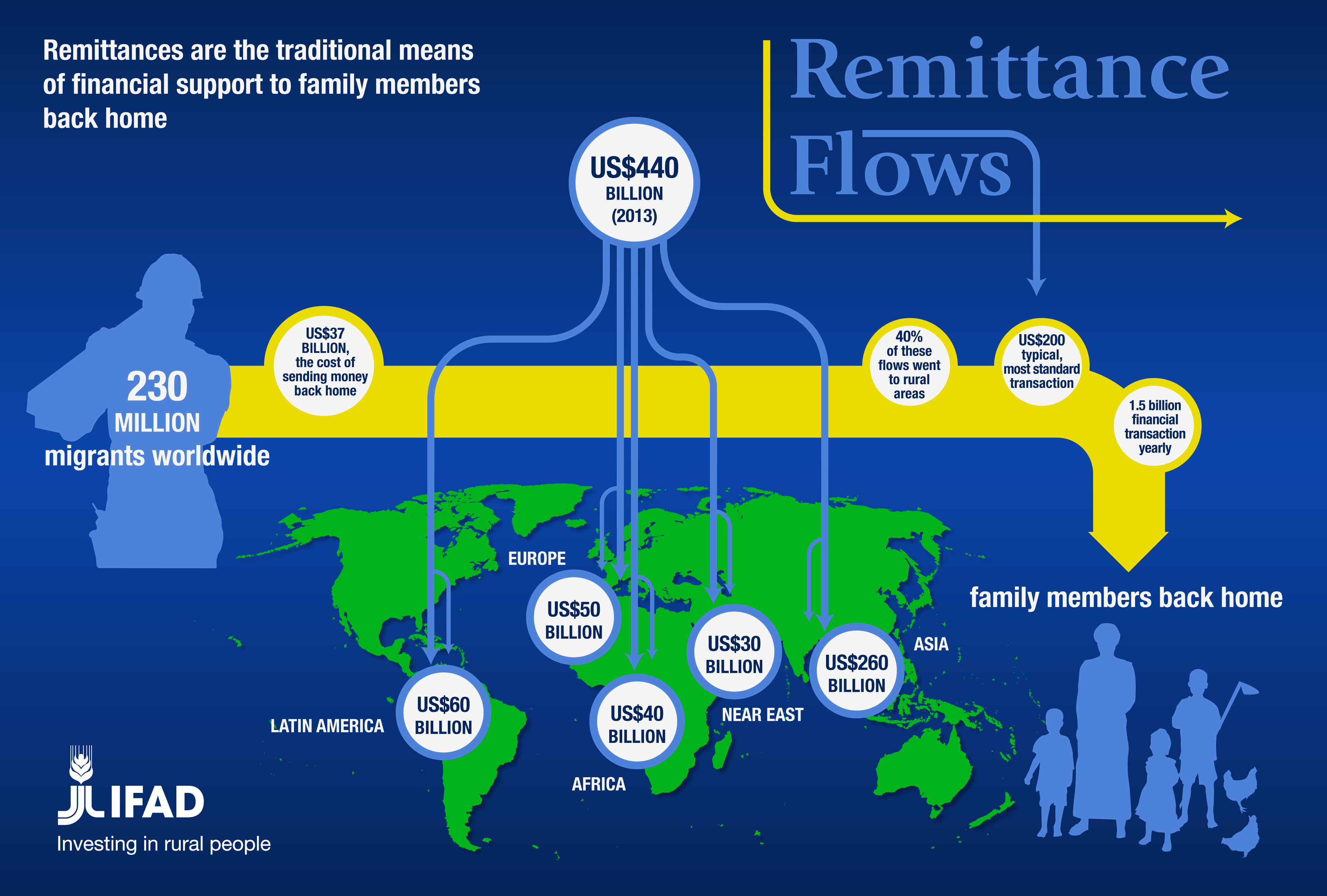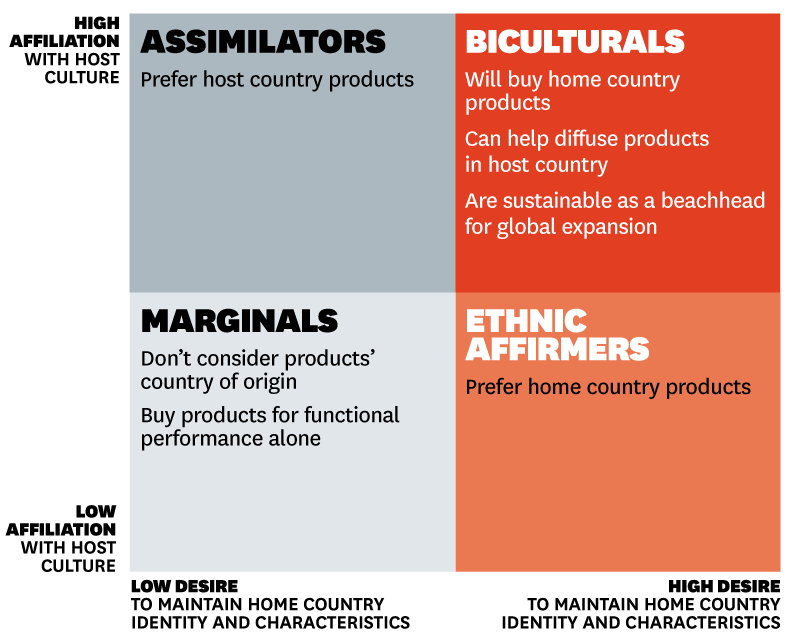
The African Diaspora, namely African Americans & African Immigrants with almost 1 trillion dollars in disposable income, and with African remittances as high as 40 billion dollars, the African Diaspora requires a strategic and resourceful platform to invest. A political economist David Leblang estimates that a 1 percent increase in the migrant stock from source country A, in destination country B, increases portfolio investment from country B to country A by 0.2 percent- or an average of 450 USD in portfolio investment per migrant.
We are based in Washington DC, recognizing the District is home to one of every ten African-born immigrants in the entire country. An estimated 40 million African people live in the United States, with the District’s African community counting approximately 16,000 African-born residents (17% of the District’s entire immigrant population), which is the highest proportion of African- born residents of any major city in the United States.
|
|
By: Rahel Getachew, Managing Director
The month of October has been attributed to Cancer Awareness month, though the US Department of State has also made it a month of celebration through its IdEA initiative, which continuously convenes the Diaspora in the US while supporting Diaspora groups to celebrate their presence and contribution in their respective societies. On October 9th 2015, IdEA officially launched at the State Department with Secretary Kerry as a keynote speaker aside from Angélique Kidjo who shared her foundation’s vision and girls empowerment program and with Thomas Debass who closed the program by showcasing the organizing team behind this well-executed initiative. Spearheaded by the Office for Global Partnerships, IdEA had over 100+ events across the world- all with the aim to enrich their knowledge, share experiences and exchange information. It is important to recognize that the culture of each Diaspora member is infused in the society in which they live, making cross-cultural communication strategies vital for the private sector seeking to penetrate and retain Diaspora consumer markets or expand their brand in foreign markets, the Governments – US or African- to adapt structural reforms based on indigenous cultures and globalization effects on their respective countries, and civil society organizations to act as a stepping stone for communities to voice the accomplishments or inactions of both the private sector and Government.
As much as it is echoed about US crafting a strategy on how best to strengthen US-Africa relationship, the African Diaspora in the US must take leadership by organizing themselves to serve as a cohort of cultural brokers able to navigate and successfully implement in both the North American and African business, social and political environment. For instance, it is reported that Diaspora investors look for good corporate governance and sovereign fiscal responsibility rather than withdrawing from investments when challenges or differences arise, similarly to venture capitalists and private equity funds.
On October 21st, I was invited to participate at the IGD 100 Leaders Forum on the panel about “Africa owning its’s narrative”, and for this opportunity, I am thankful to the Special Advisor to the CEO, Carol Pineau and CEO/President Mima Nedelcovych. Delightfully I joined the conversation as a “firestarter” along with Amadou Mahtar Ba from AllAfrica.com and Demba Ba from the World Bank. While being moderated by Mrs. Pineau and as identified “firestarters” sharing our point of view about Africa's narrative, the discussion was setup differently than the other panels as it allowed every participant's input. As the branding lady, I expressed my thoughts about the need for strategies and tactics to brand Africa in the US/Canada, as equally as North America need to change its branding initiatives and narrative- from AID to investment and long-term business partner. With strategies and tactics, cross-cultural branding is designed to expand and retain markets, to tantalize consumers psyche and achieve institutionalization that outlives founding members.
 This is why Afrolehar LLC exists and is focusing on cross-cultural branding- it is multilayered- ranging from country branding to product branding- which is more than just a corporate identity and communication materials; we are about connecting the dots to establish linkages for greater impact and transformation of the African image and narrative. The transformation will occur when African Governments establish institutions with enduring and permanent systems, processes and a corporate culture for sustainable growth of their respective countries but also collective advancement; the private sector operates and conducts responsible and conscious capitalism; and nations both on the continent and abroad gross national well-being is at the forefront of Africa’s development.
To “automatically or unconsciously apply orientation system of collective values, which makes its group members’ behavior comprehensible and to a certain degree predictable for each other”, we offer our cross-cultural branding solutions and have created our own internal brands. We invite you to visit KnocKnockAfrica.com and Agrifrica.com and let us know what you think.
|
|
Some ask what we do.
We are a cross-cultural branding boutique firm and we provide:
- business strategies to penetrate the African market (SSA) and inversely US/ Canada markets,
- integrated communication solutions to position your brand and manage perceptions, and
- incubate our own brands such as KnocKnockAfrica.com [ an ecommerce platform to facilitate consumer market access to African products] and Agrifrica.com [ a membership based platform to promote Green Business information and facilitate linkages between the US and African countries].
Contact us and we will be more than happy to provide one consultative session to assess your needs.
If you are interested to engage with our brands as a contributor, partner, collaborator, vendor feel free to contact us at info@afrolehar.com
|